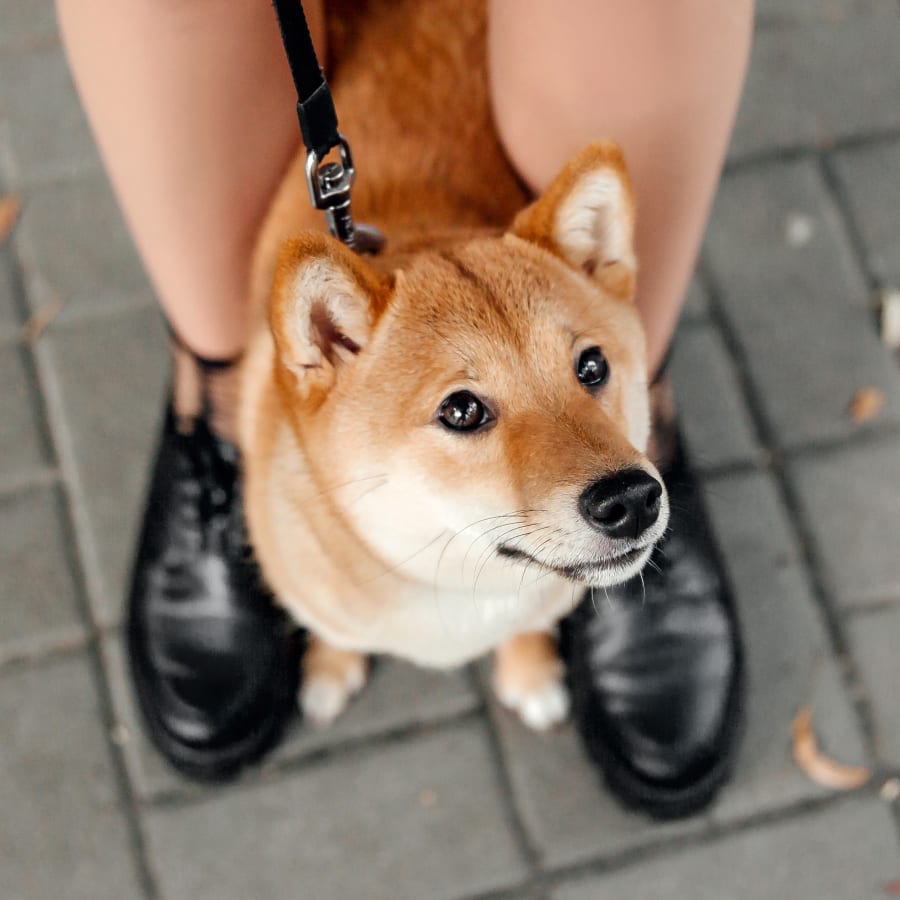Getting Your Pet Spayed or Neutered
These routine surgeries not only prevent unwanted pregnancies but also promote longer, healthier lives by significantly lowering the risk of certain infections and cancers.
Additionally, these procedures can mitigate behavioral problems like aggression and roaming, fostering a more harmonious relationship between you and your pets.
Your furry friend's health is our top priority. We take precautions to ensure a safe and successful surgery, including pre-operative blood work, pain medication, and monitoring both during and after surgery. We do everything we can to ensure that your companion is comfortable and pain-free from start to finish.

Neutering (Males)
Neutering, or orchiectomy, is a surgical procedure that involves safely removing the testicles from male dogs and cats, preventing them from fathering litters of puppies or kittens.
Cats - Neutering your male cat can help to curb behaviours such as spraying, roaming, howling and aggression toward other cats.
Dogs - Neutering your male dog can be helpful in reducing animal aggression and the development of testicular tumors, perineal hernias and prostatic disease.
Spaying (Females)
Spaying, technically known as an ovariohysterectomy, is performed to remove a female pet's reproductive organs. This surgery prevents your dog or cat from becoming pregnant.
Cats - Spaying your female cat will help prevent the development of mammary (breast) tumors and pyometra (infected uterus).
Dogs - Having your female dog spayed ends their reproductive heat cycle and helps prevent pyometra (infected uterus) and mammary tumours.
Spaying & Neutering FAQs
For answers to more of your questions about spay and neuter procedures performed at Mapleview Animal Clinic, please read through the answers to these frequently asked questions from our clients.
-
When should my cat be spayed or neutered?
Kittens can be spayed or neutered between five and six months of age. A healthy adult cat can be spayed or neutered at any age.
-
When should my dog be spayed or neutered?
Traditionally, puppies have been spayed or neutered at around six months old. However, some veterinarians have concluded that it is better to wait until the dog has reached sexual maturity before performing these reproductive surgeries.
-
What we do to keep your pet safe?
We cater to the needs of each pet, adjusting our anesthetic drugs to the age and personality of the pet. We place intravenous catheters, provide intravenous fluids and have your pet monitored under anesthesia by a registered veterinary technician.
-
How long will it take for my pet to recover from their spay or neuter surgery?
Spay and neuter procedures are day surgeries. We call you once your pet is awake following surgery and let you know when your pet will be ready to go home.
After being spayed or neutered, your pet's activity will need to be restricted for 2 weeks following surgery. Your pet must not lick their incision. If they do, we have pet Onesies and protective collars.
Your veterinarian may also request that you bring your companion in for a follow-up appointment, to check that the healing process is progressing as expected.
-
Will my pet feel anything during the procedure?
No. Keeping your pet safe and comfortable throughout the procedure is our top priority.
Your dog or cat will be under general anesthesia, and will not feel anything during their surgery.
-
Will my pet gain weight after the procedure?
Your puppy or kitten will continue to grow to their full adult weight after the spay or neuter procedure.
Some weight gain can occur, which can be addressed by modifying how much or what you feed your pet.
-
How much will it cost to get my pet spayed or neutered?
The cost of your companion's spay or neuter is determined by the size and overall health of your pet.
To get an accurate estimate of the cost of your dog or cat's reproductive surgery, contact us today.

